Do you remember what it was like to be in middle school? Do you remember how you often felt nervous, insecure and out of place? Both of my girls are currently enrolled in middle school, and I am here to affirm all those feelings. Every day is like riding an emotional roller coaster. Up one day, down another. Feeling good about life one day, feeling like it’s over the next.
One thing that drives nearly everything that they do, say or feel during this phase of life and development is the need to belong. These are the years where friendships matter more than life itself. But when you combine that need with how a middle schooler is trying to figure out who they are, it can make finding a place of belonging a little tricky.
My point isn’t about how to help our middle schoolers find themselves and their place in this world (although, let’s have a cup of coffee to talk about that). My point is that when I hear that about the middle school girls I’m raising, I find myself resonating deeply with the same needs. As a 40-something, I feel insecure at times with who I am, and I most certainty struggle to find my place of belonging in this stage of life. I often feel like I’m in middle school all over again—feeling lonely, out of place and unseen.
We go to work or take our kids to school or work from home all while feeling alone. We might even be surrounded by people yet feel like nobody really sees us. We feel isolated. Sure, the cashier at Target saw you today or the Starbucks barista saw you through the drive through window, but is anyone really seeing you?
And when you spend enough time feeling unseen, out of place and alone, it’s easy to feel like you don’t belong anywhere.
This may come as a surprise, but the women who seem to be the most popular whether that is in real life or online, may not actually feel like they belong somewhere. I’ve heard countless stories from women who have hundreds of thousands of followers in Instagram say that they are actually very lonely and don’t feel like they belong anywhere.
That’s because having followers or people knowing who we are does not automatically equate to belonging. We can look online and think we belong to something because we have 3000 followers or because we are a part of a group on Facebook or because we are all moms of 3rd graders at the elementary school.
We often confuse belonging with fitting in.
Sometimes fitting in is necessary and okay. I need to be able to show up at my kid’s classroom and fit in enough with the other parents. We weren’t designed to belong to a lot of people. But if we are only ever fitting in and never finding a place to belong, we can be left to feel quite alone.
We all have groups that we are a part of — work, school activities, church, friends, home. For many us, we fit in. We know what to do and how to act and what to say in order to be accepted into groups of people.
Belonging is harder than fitting in and because of that, what we settle for most of the time is what our kids in middle school often settle for, too. We often settle for fitting in. Researcher, Brené Brown, says that “Fitting in is one of the greatest barriers to belonging. Fitting in is all about assessing a situation and becoming who you need to be in order to be accepted. Belonging, on the other hand, doesn’t require us to change who we are; it requires us to be who we are.”
Wow. Did you catch that? Fitting in requires us to change who we are. Think about it. This happens to us all the time. When we walk into the school or when we walk into church or when we walk into the office, we automatically read the environment and determine who we need to be. When we walk into those spaces, we want to be seen, heard and known. The problem is that we are afraid to show up as we are so we settle for not revealing our full selves in order to fit in. And when we do that, belonging is never experienced.
So what do we do? Are we doomed to be in a purgatory of middle school adolescence?
The good news is that finding a place of belonging can happen. It starts with you. It starts with learning to love you, accept you, befriend you. If you never feel like you are worthy to belong, then you will always feel the pressure to fit in. You will feel the pressure to change who you are based on where you are. You will feel the need to hustle for approval and acceptance instead of showing up with someone as yourself. When you accept yourself, you open yourself up to the belonging of others.
The next step might not be as easy. It requires you to show up as yourself in front of others, which feels vulnerable because it risks rejection. If that doesn’t make your palms sweat, I don’t know what will. But finding a place or person where you can be yourself and find acceptance and belonging is worth the risk. It starts by showing up. Reach out to someone. Ask questions. Reveal you. And be inclusive. It may surprise you where you end up belonging.
When my middle school daughters feel lonely and unseen, I remind them that it won’t always be this way. I remind them to keep showing up and to keep figuring out who they are and to keep being brave enough to reveal it. That’s the same advice for myself and for you.
Enjoyed it? Share it!
Sarah Bragg
Sarah Bragg is a popular podcast host, communicator, and author. You can find her on iTunes hosting the podcast Surviving Sarah. She is also the author of A Mother’s Guide to Raising Herself: What Parenting Taught Me About Life, Faith and Myself. She is also a wife, mother of girls, and a creative entrepreneur. Sarah is a master at brewing coffee and helping others survive well right where they are. Sarah and her family reside in Tennessee. You can find more from her at SarahBragg.com and @sarahwbragg.
But wait, there's more...








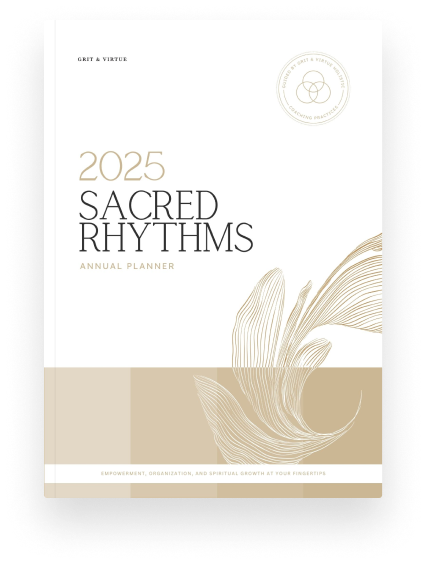



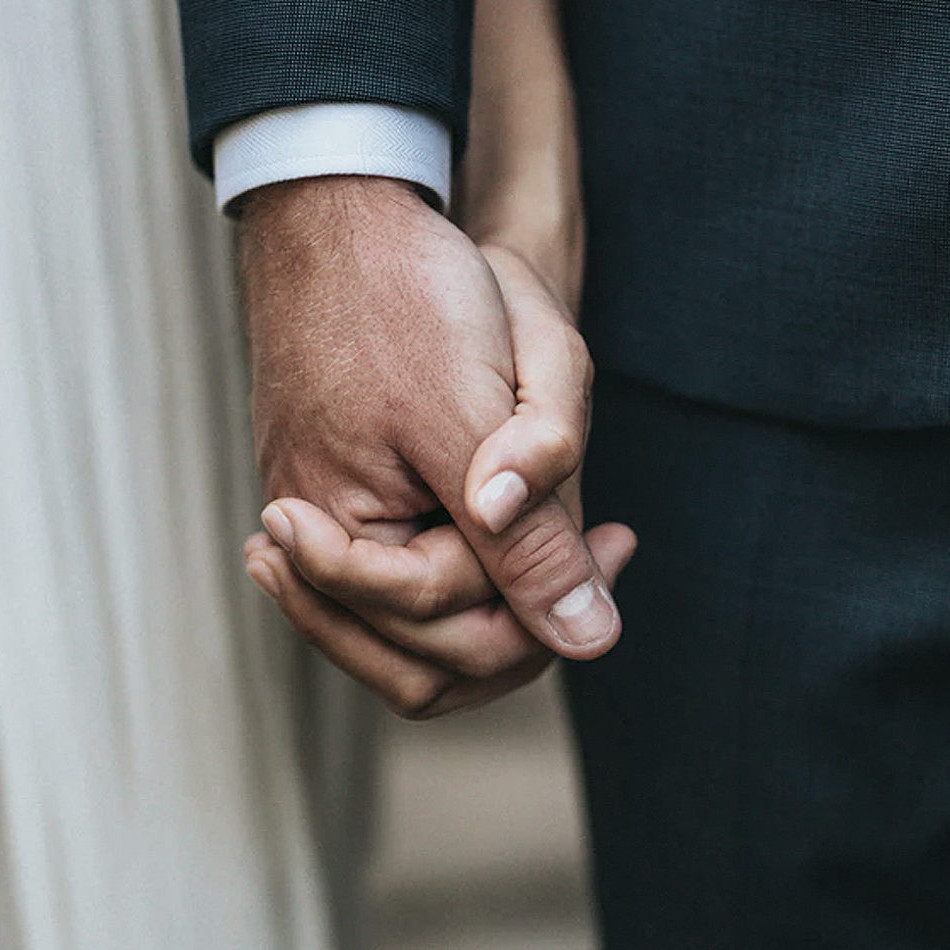
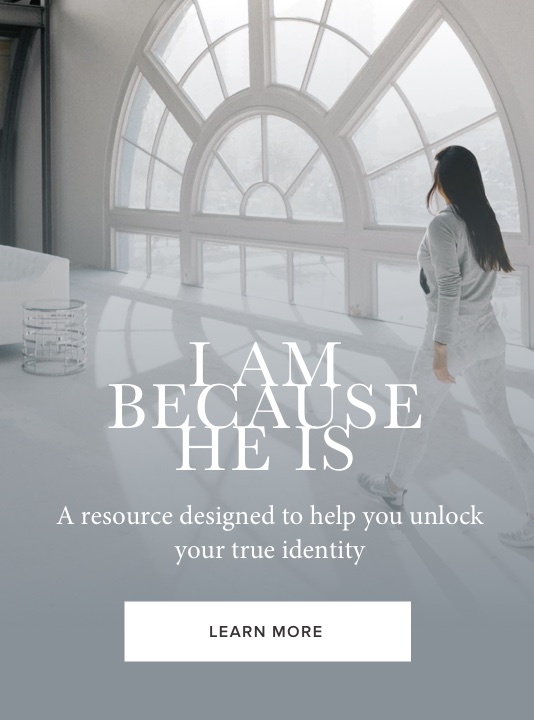
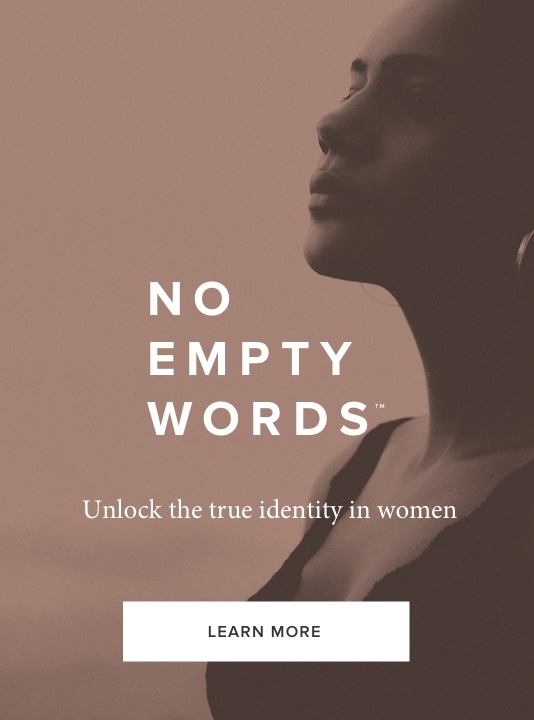


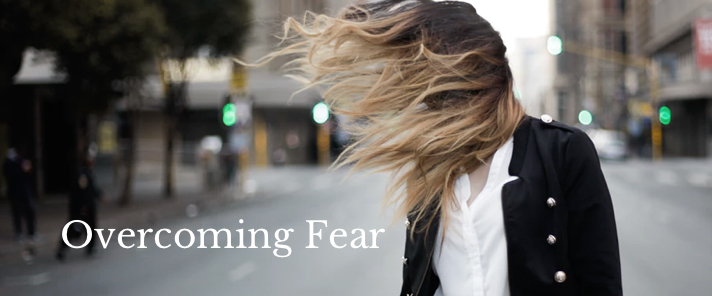
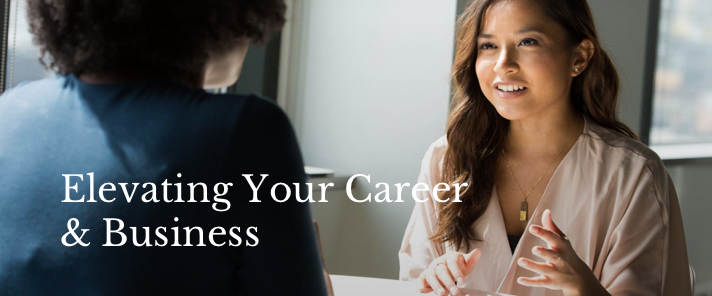
I read what you wrote and I was shaking my head in agreement the whole time.I am kinda shocked that I’m not the only one who feels so out of place.I was hoping when I reached the end of the article there would be a place that was suggested to come to where everyone who felt like me was meeting up.To be honest I’m a lil disappointed there wasn’t.lol